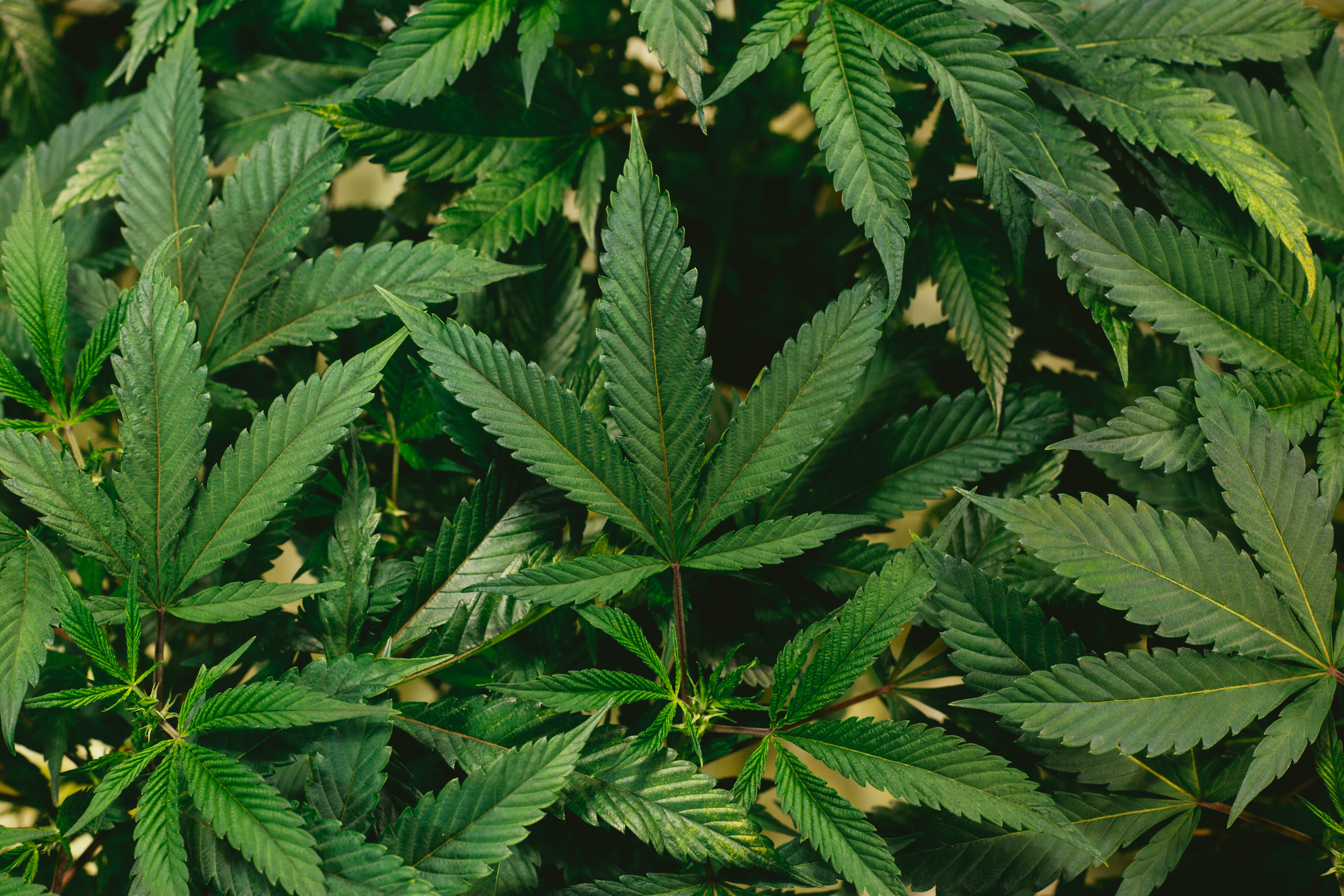Villafuerte seeks clarification in measure allowing use of medical cannabis
At A Glance
- After the approval in principle of a substitute bill legalizing the use of marijuana or cannabis for medicinal purposes, Camarines Sur 2nd Rep. LRay Villafuerte is seeking to clear up the supposed ambiguity involving drugs that contain cannabidiol (CDB).
 (Unsplash)
(Unsplash)
After the approval in principle of a substitute bill legalizing the use of marijuana or cannabis for medicinal purposes, Camarines Sur 2nd Rep. LRay Villafuerte is seeking to clear up the supposed ambiguity involving drugs that contain cannabidiol (CDB).
“Although the United Nations has already reclassified cannabis and resins under an international listing that recognizes their medical value, it’s still on a case-to-case basis per country. And in this case, if you are caught in possession of CBD, you will be penalized,” Villafuerte said in a statement on Sunday, Feb. 18.
“There is a question and ambiguity, as CBD is not legal per se. That’s why we want to pass a law,” the lawmaker said.
Villafuerte is one of the lead authors of the substitute bill that recently earned the thumbs up from the House Committees on Dangerous Drugs and on Health.
He explained that only the use of the non-addictive CBD from marijuana for medical purposes was being decriminalized under the proposed measure. Marijuana or “Indian hemp” shall remain on the list of illegal drugs under Republic Act (RA) No. 9165 or the “Comprehensive Dangerous Drugs Act of 2002”.
“CBD, which is the main ingredient in medical cannabis, is not addictive. There are over 60 countries already where CBD is legalized, and I have not heard from any of those countries reporting an addiction to CBD,” the Bicolano said.
“I think we have to streamline the process of allowing qualified patients to avail of medical cannabis, to make it more accessible to them,” he added.
Thus, the National Unity Party (NUP) president underscored the necessity of the new measure since the Food and Drug Administration's (FDA) process in its issuance of compassionate special permits (CSPs)--which allowsqualified patients to use imported CBD drugs--was “so tedious, hard and expensive”.
“Napakahirap talaga pong mag-apply, ngayon pag nag-apply ka na and granted naman, mas mahirap humingi ng import permit at ang pinaka mahirap pagkatapos ka ng ilang buwan na maka kuha ka na ng CSP at magkaroon ng import permit, mas mahirap po sa pasyente mag raise ng pera, bumili kasi mahal,” said Villafuerte
(It's really hard to apply, now once you've applied and been granted, it's even harder to ask for an import permit and the hardest part is after you get a CSP and have an import permit after a few months, it's even harder for the patient to raise money, because it is expensive.)
In a recent joint hearing, the FDA said that only one CSP application has been approved thus far.